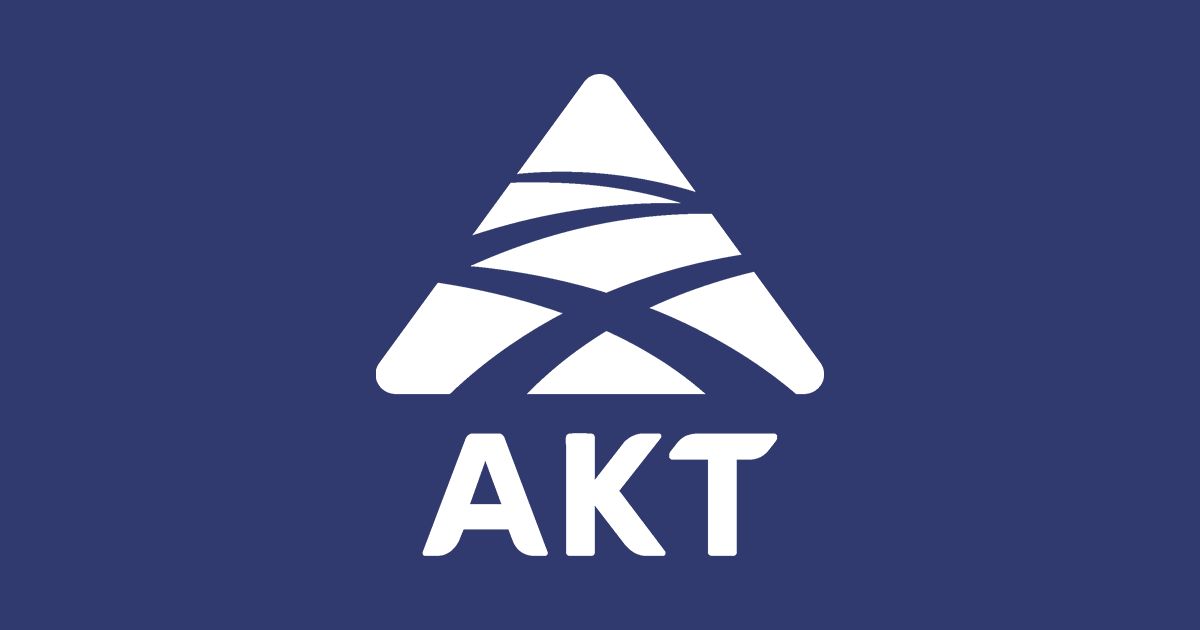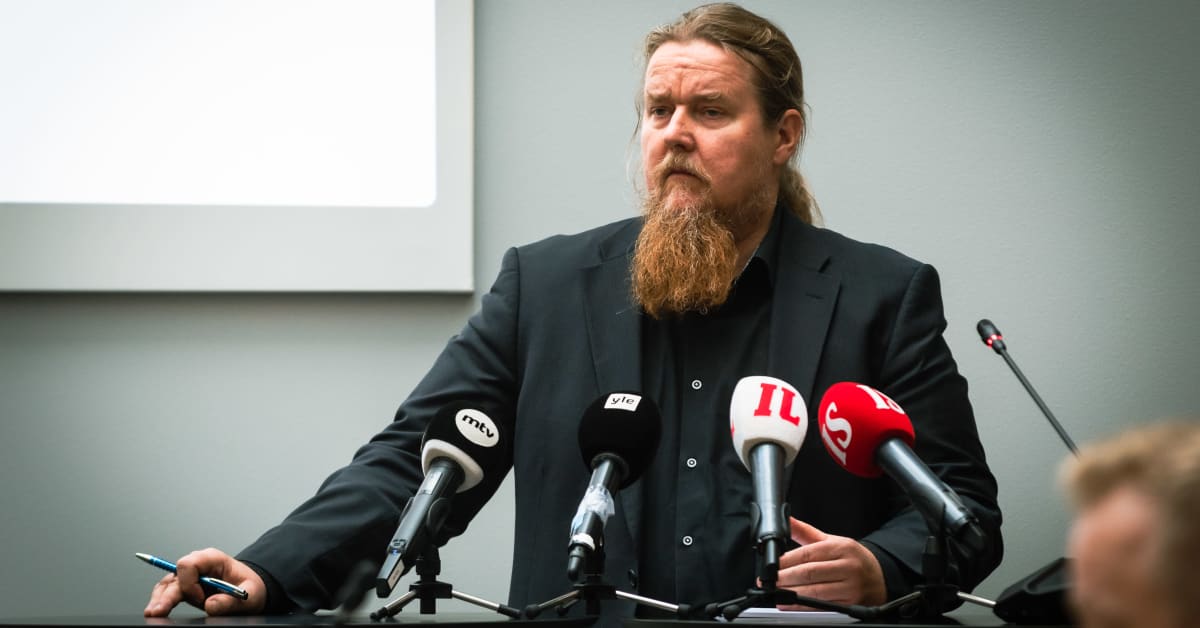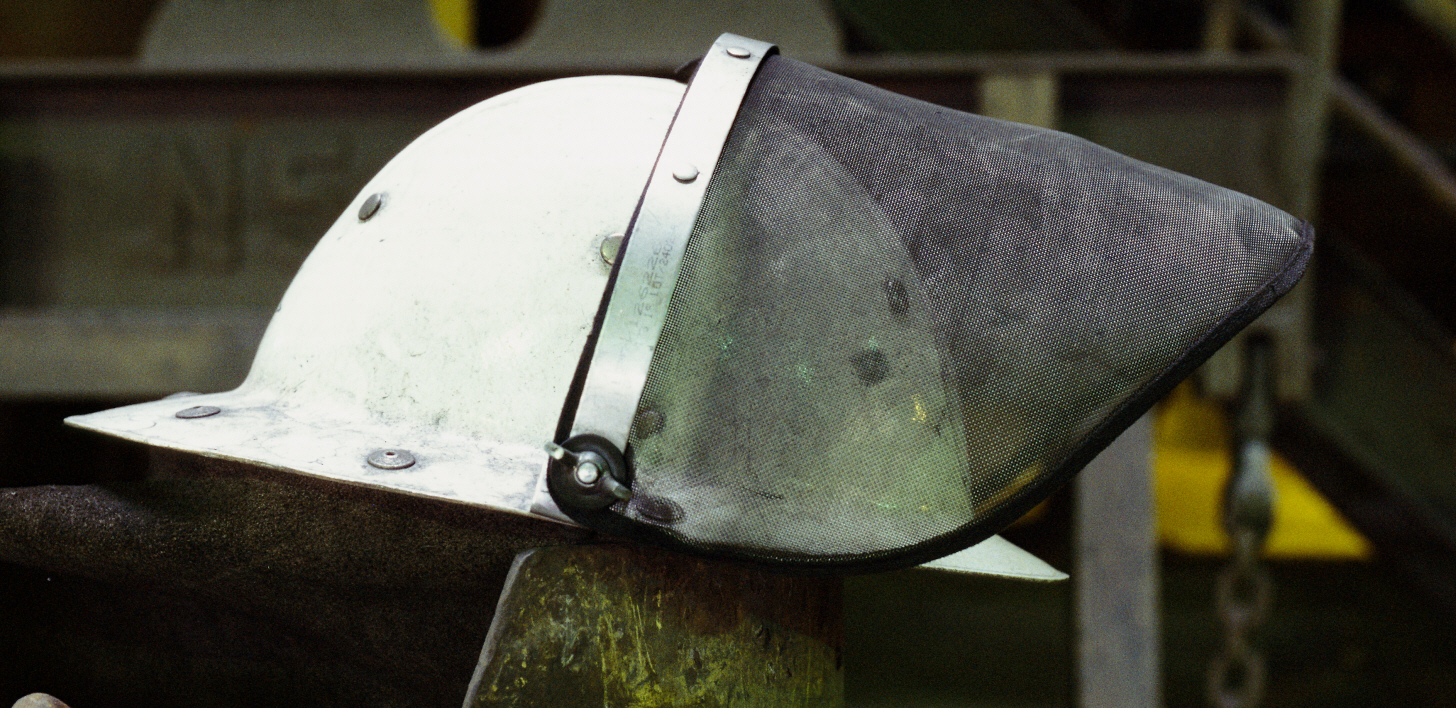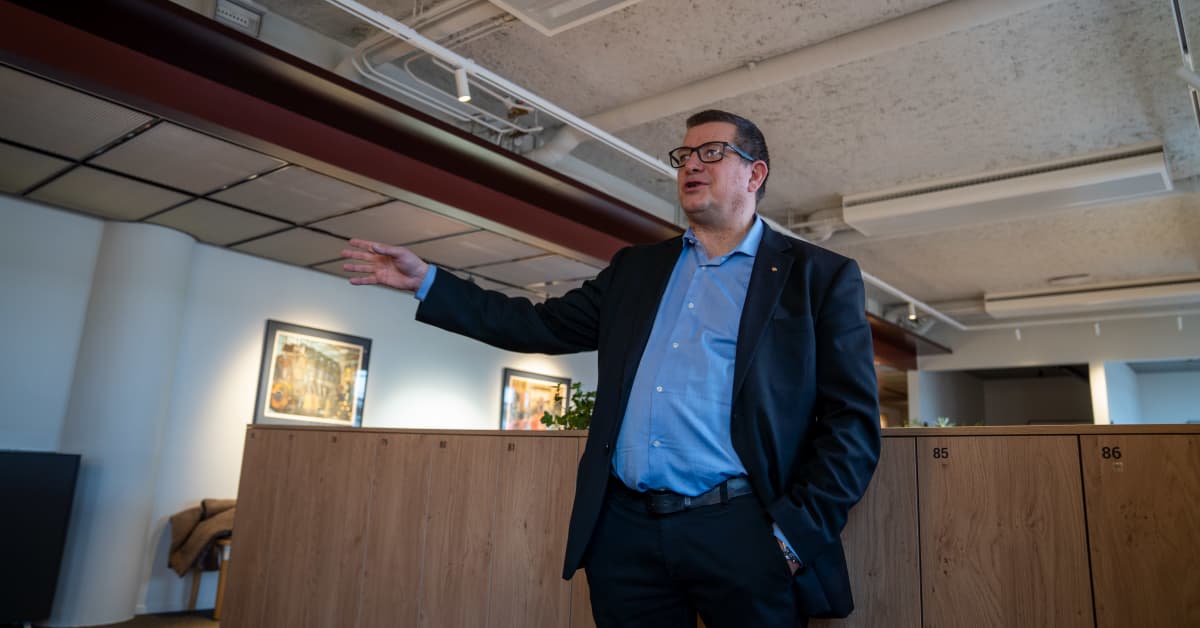2daMoon
Mostly Harmless
This may help some in understanding some of the complexities of Tesla vs IF Metall.

Ett nej är ett nej – även när det gäller kollektivavtal
Fackpampar måste förstå att kollektivavtal inte passar alla företag och respektera att ett nej är...www.foretagarna.se
A no is a no - even when it comes to collective agreements
Published Nov 16, 2023
Trade unions must understand that collective agreements do not suit all companies and respect that a no is a no, writes Företagarna's labor law expert Lise-Lotte Argulander.
The battle that is now going on between IF Metall and Tesla is absurd. IF Metall uses its right to take industrial action according to Swedish law, but why? Is it because Tesla has such bad terms and benefits or is it just a power play? So far, only a small percentage of Tesla workers appear to be on strike. Despite the fact that there are pickets outside their workplace in yellow vests.
Here in Sweden in 2023, the unions can play mafia to impose collective agreements on companies that they do not want. Take sympathetic measures to stop mail delivery and block loading. It is unreasonable and harmful that other companies that are bound by collective agreements and are under a duty of peace are forced into this battle. And not only companies, innocent private individuals are also in trouble now that the painters union refuses to paint Tesla cars.
The union's threat affects those who are small
I'm not here to defend Tesla; I have no insight into their terms or benefits. Tesla is a giant company owned by the world's richest man and Sweden is a minimal market for them. They can hold out, or for that matter leave the country, without major financial losses. A flooring company in Västervik or an advertising agency in Sveg do not have that opportunity, which are blackmailed in the same way. The smaller a company is, the more likely it is that they will not be able to withstand the threat of unions.
When you are in the middle of the battle, it can sometimes appear that the opposite of collective bargaining is slavery and anarchy. What does it actually look like? Six out of ten small companies choose not to sign a collective agreement. We have legislation that places certain requirements on employers in the form of, among other things, the Working Hours Act, the Holiday Act, the Sick Pay Act and, not least, the Work Environment Act. The only significant thing that is not governed by law is the wage level, but there is a practice that an employer must pay a fair wage and that an employee can challenge it in court if this is not the case.
Unreasonable sympathy measures
If the employer has equal or better benefits and conditions, significantly higher pay than the minimum wage in the collective agreement and has signed the insurances and pension agreements that they and their employees are satisfied with, shouldn't that be enough?
Not according to Swedish legislation. Other countries often have a principle of proportionality and prohibition of unreasonable sympathy measures to create more equal conditions in the labor market. Not us, despite the fact that all bourgeois parties announced in 2017 that they wanted to limit the right to strike and the right to resort to sympathetic measures. Why is it so quiet now at the government? We must be able to agree on some kind of limitation on sympathy measures. In Sweden, we have the Swedish model where the company in practice stands no chance if the union has made up its mind. Other agreements signed under threat have every right to be annulled. But when the unions threaten to reach an agreement, that's perfectly fine.
Freedom of contract is important. Trade unions need to understand that a no is a no and that voluntariness is the basis for a good dialogue and an agreement that both parties want. Collective agreements are often good, but they do not suit all companies. Respect it.
My goodness, so many of my questions have been addressed in this article. It is like this person read through our discussion here and applied logic, reason, and reviewed the existing legal requirements to make an assessment.
That assessment concludes with the fact that Tesla is outperforming union levels of pay and meeting all legal qualifications. Including saying no to entering into a collective agreement.
Whoda thunk it?
Last edited:








/cdn.vox-cdn.com/uploads/chorus_asset/file/23447763/ahawkins_220504_5202_0010.jpg)

